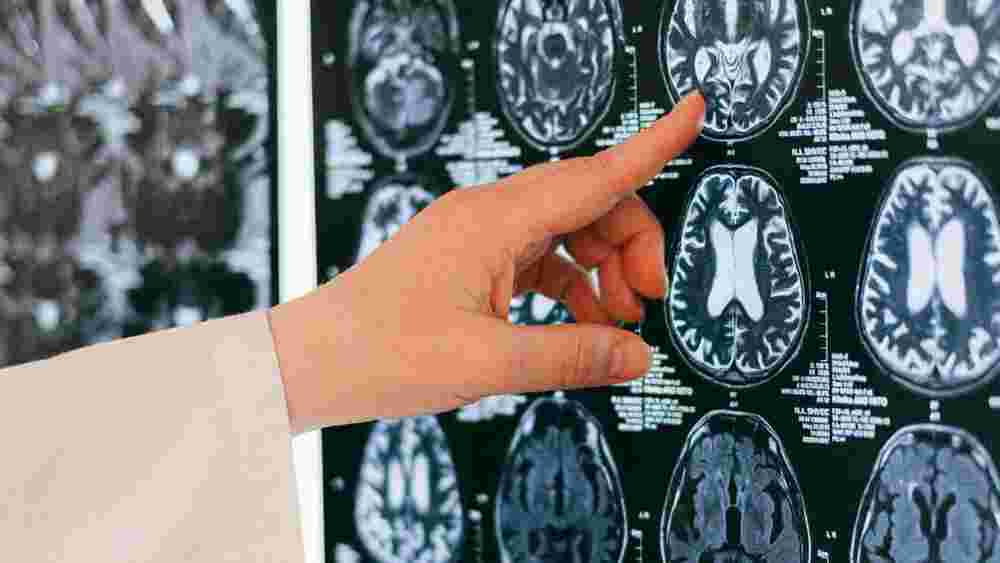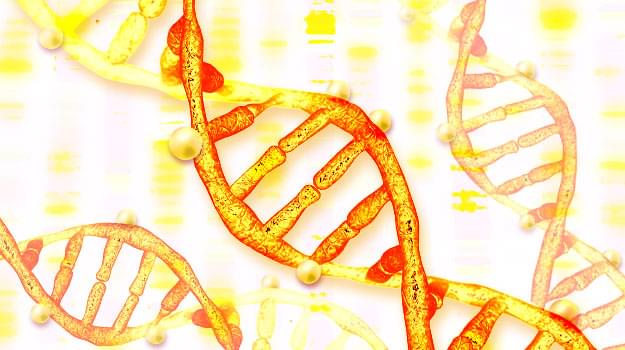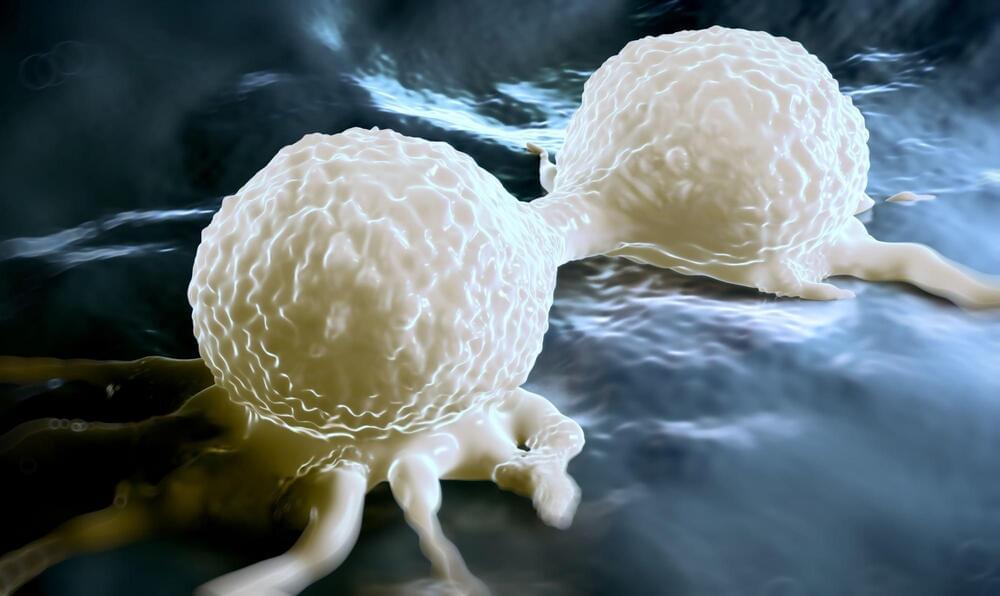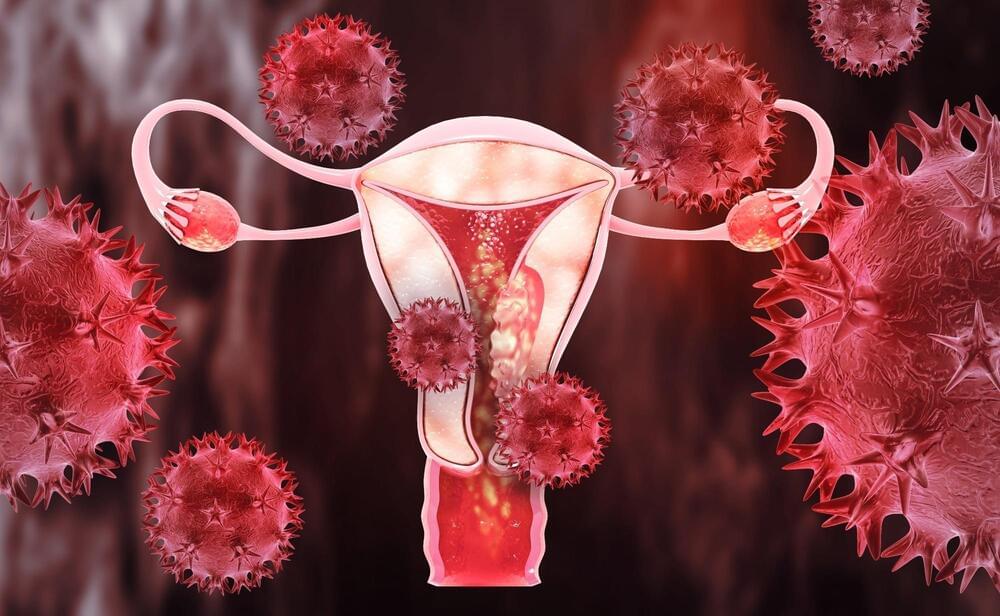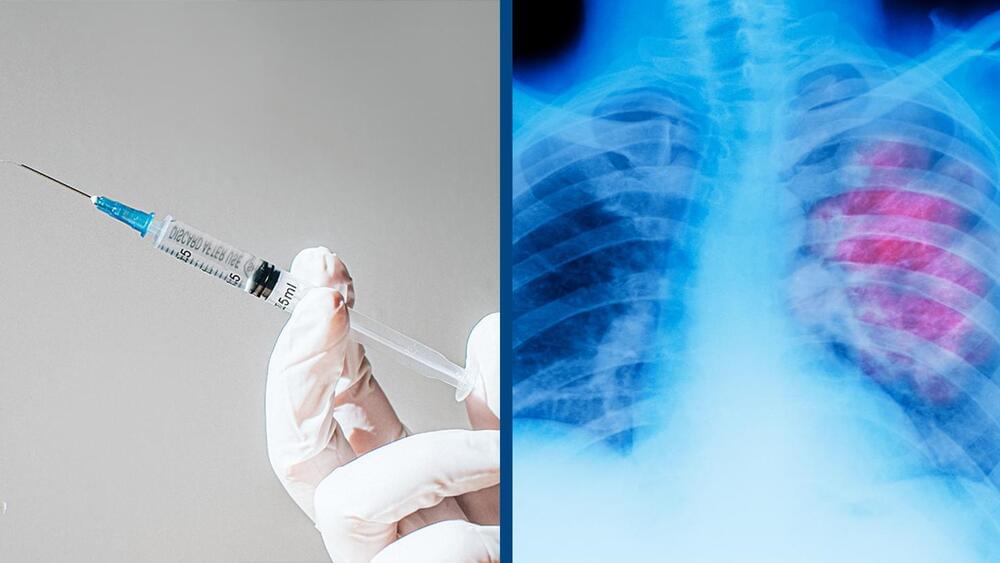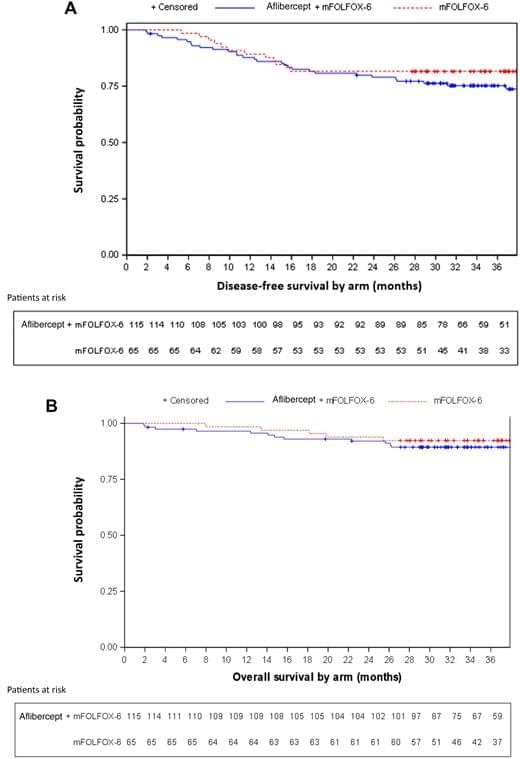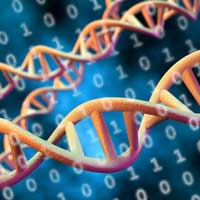During cell division, a ring forms around the cell equator, which contracts to divide the cell into two daughter cells. Together with researchers from Heidelberg, Dresden, Tübingen and Harvard, Professor Jan Kierfeld and Lukas Weise from the Department of Physics at TU Dortmund University have succeeded for the first time in synthesizing such a contractile ring with the help of DNA nanotechnology and to uncover its contraction mechanism.
The results have been published in the journal Nature Communications (“Triggered contraction of self-assembled micron-scale DNA nanotube rings”).
In synthetic biology, researchers try to recreate crucial mechanisms of life in vitro, such as cell division. The aim is to be able to synthesize minimal cells. The research team led by Professor Kerstin Göpfrich from Heidelberg University has now synthetically reproduced contractile rings for cell division using polymer rings composed of DNA nanotubes.

